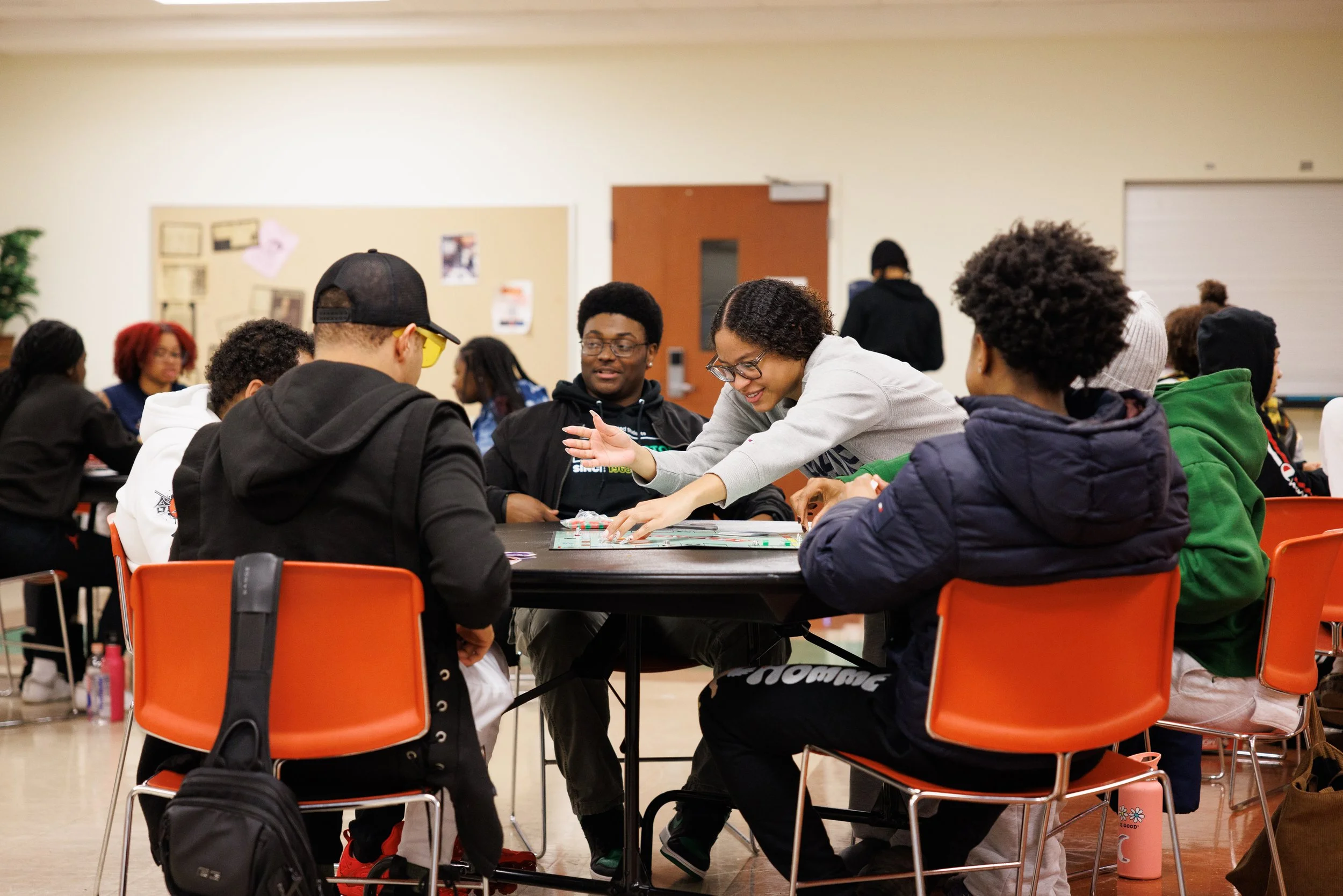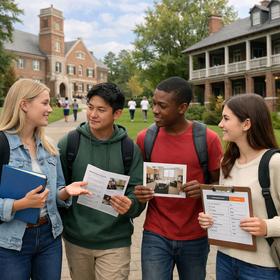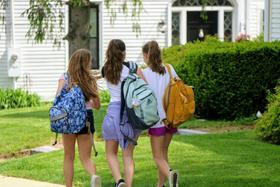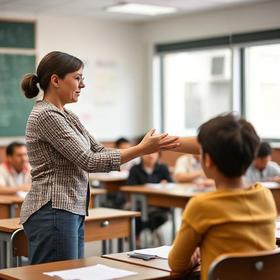A To Z Of Boarding Schools
The world of boarding schools can be daunting for parents and students alike. With so many options available, it's essential to have a comprehensive guide to navigate the complexities of boarding school life. In this article, we'll take you through an A-to-Z guide of boarding schools, covering everything from academics to extracurricular activities.

A - Applying to boarding school
Applying to most boarding schools has become easier in the last 10-15 years. That's because you can apply online at most schools. When schools don't have online applications, they usually have all the application forms and information you need online for you to download.
B - Be aware that diversity is part of boarding schools' DNA in the 21st century.
Yes, back in the 1950s and 1960s, you might have been able to say that boarding schools were elitist. At least, that was the general public's perception. Of course, the media reinforced this perception. However, in the 21st century, boarding schools have made diversity and tolerance the center of their mission and philosophy, as most schools seek to prepare their students for life and work in a global community.
C - Competitive schools
Many parents have grand ideas about which boarding schools they want their children to attend. As a result, they focus on the top 10 schools, which receive ten times as many applicants for whom they have places. Having one




















